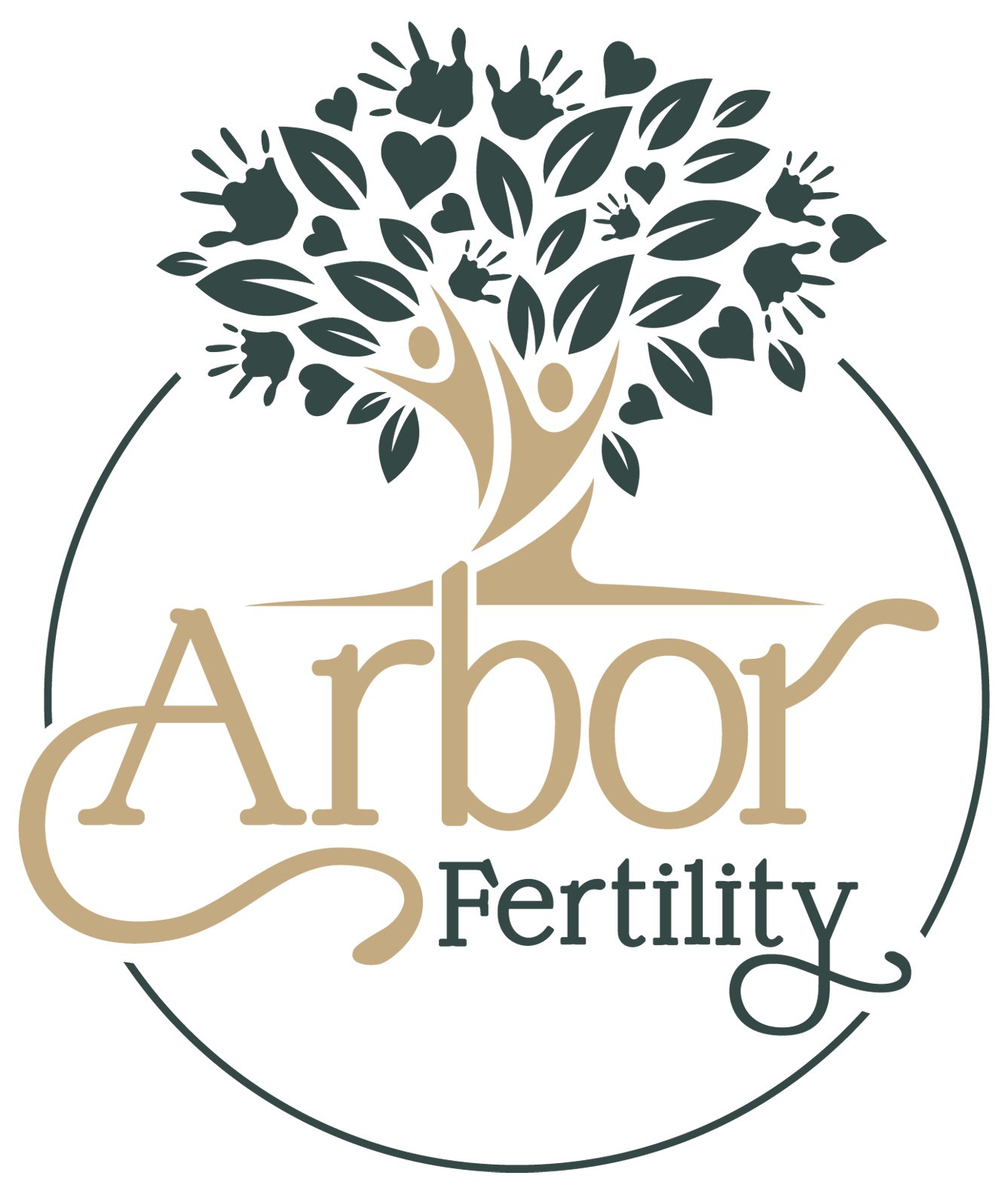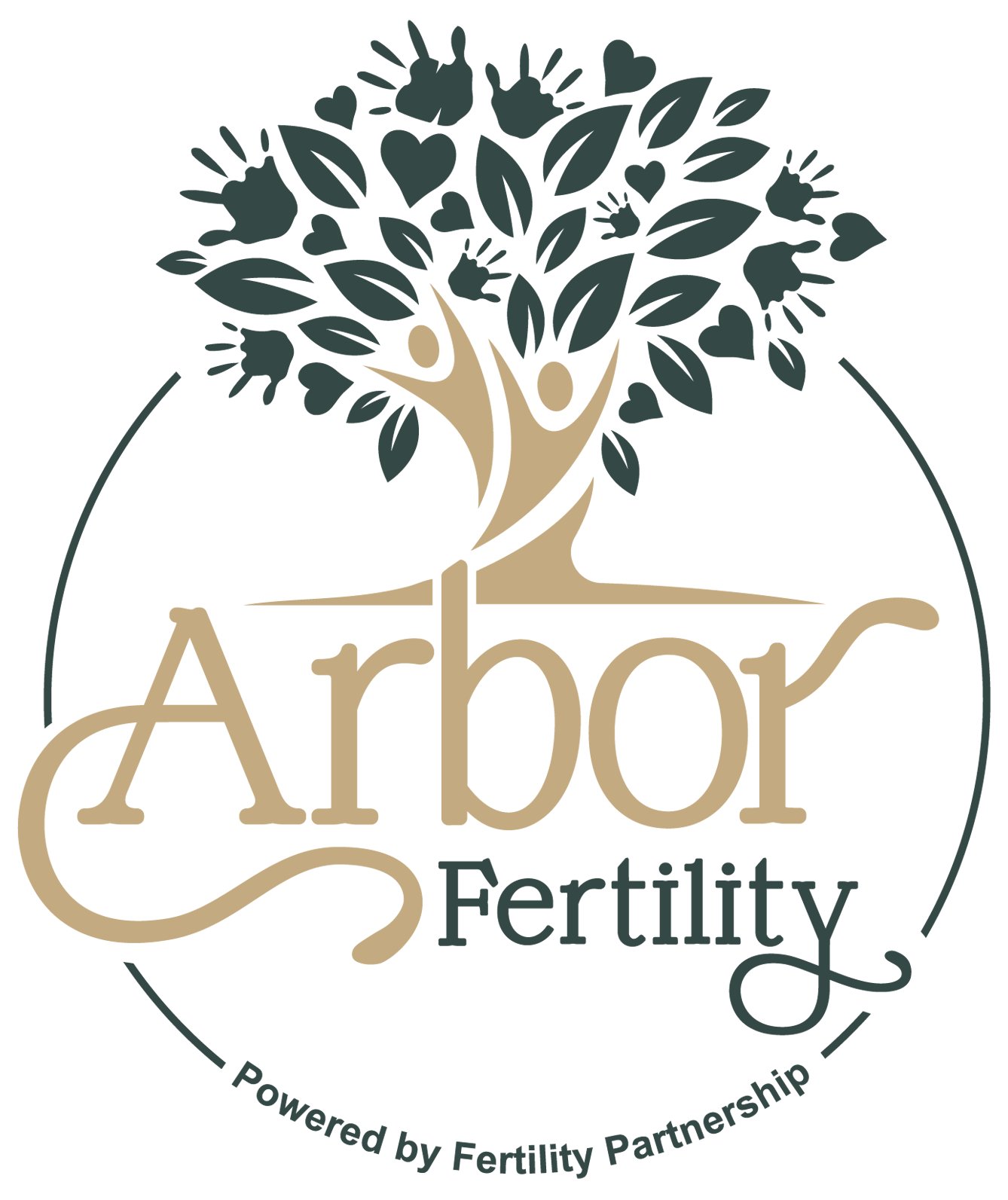Egg Donation: How Many Times Can You Donate Eggs
July 7, 2023 - 8 min read
By: Dr. Karenne Fru, Muna Fertility
Donating eggs occurs when a woman gives her eggs to another for the purpose of having a baby. Through egg donation, women with fertility issues revolving around their ovaries or age may be able to successfully carry a baby.
The egg donation process is relatively simple. Once a donor has been approved, she is given hormone injections to stimulate her ovaries. After the eggs are ready, which usually takes between two to four weeks, a minor medical procedure is performed to retrieve the eggs from the donor’s ovaries.
To become a donor, women must meet eligibility requirements. These often include:
Being between 21 to 31 years old
Having a BMI between 19 to 29
Having regular menstrual periods
Not being on any type of implants as a form of birth control
Even when meeting these eligibility requirements, there are limits to the number of times you can donate eggs.
How many times can you donate eggs?
There are limits to the amount of times a woman can donate her eggs. This is primarily because there is the possibility of long-term health effects. While egg retrieval is definitely a safe procedure, there is always the possibility of complications.
The American Society for Reproductive Medicine (ASRM) has established the maximum number of times a donor can provide eggs at six cycles. This total applies regardless of which clinic you go to.
Of course, you typically provide multiple eggs per procedure per procedure. The ASRM limitation applies only to the retrieval process. Health is the main concern, but another reason is consanguinity, or genetic relatedness. Maintaining genetic diversity is important for everyone’s health.
Another thing to keep in mind are a woman’s eligibility requirements. Typically the cut off is 31 years of age. Any changes in your health can change your eligibility status.
How often can you donate eggs?
Per ASRM guidelines, the recommended time between egg donations is 60 days. This is because it’s important for the donor to fully recover between procedures as they do have a physical toll on the body. While the donor’s reproductive health is one factor to consider, her overall health is of more concern.
However, each fertility clinic may have its own guidelines that dictate how often a donor may donate eggs. It’s not uncommon for clinics to require donors to wait for longer periods of time (some even call for 90 days). Should a clinic not enforce 60 days, donors should listen to their bodies and follow their physician’s advice.
Why are there limits on egg donation?
As stated above, the egg donation procedure to extract eggs from the donor’s ovaries takes a physical toll on the body. While safe, it is still invasive. Also worth considering is the effect the hormone treatment may have on the donor’s body because in rare instances side effects do occur.
Possible adverse reactions can include:
Infection: The egg removal procedure has a low chance of causing pain, bleeding, inflammation, and infection. Should this happen, it is possible for long-term damage.
Ovarian torsion: In rare situations, the ovarian stimulation can result in increased likelihood of the ovary spinning thereby restricting their blood supply and require corrective surgery to fix.
Ovarian Hyperstimulation Syndrome (OHSS): Hormones are given to the donors to stimulate their ovaries. In some situations, they can overreact and cause pain and nausea. Most of the time, bed rest and pain relievers are all that is needed. In rare cases, hospitalization may be necessary.
Why consider doing multiple egg donations?
There are many couples in this world who need help conceiving a child, and unfortunately it is not as easy to acquire eggs as it is sperm. Women willing to donate their eggs are not very common. Therefore, the more eggs you can donate, the more people your donations could impact and there are increased chances for genetic siblings for couples. Knowing this is a very rewarding and fulfilling experience for many donors.
However, donors should consider the following before deciding to become an egg donor:
Future family plans: The possibility of long-term side effects from the egg donation procedure are rare, but they do occur. How would being unable to conceive in the future affect your plans?
Emotions: Knowing their eggs are being used by another woman can cause emotional turmoil in some women. What would your motivations be if you were to donate eggs? These concerns are generally addressed by a psychosocial evaluation as part of the screening process.
Compensation: Financial compensation occurs with egg donations, and amounts can vary depending on the clinic and other factors. However, compensation is not immediate, and can take a month after the retrieval, if not longer. If you are in financial distress, making an egg donation should not be the answer.
Conclusion
Egg donors can donate eggs every 60 days, but times may vary between clinics. The ASRM requires that donors only be allowed to donate a maximum of six times during their lives. Any more than this, and too much of a physical risk is posed to the donor. Moreover, another concern is consanguinity, which is how genetically related two people are. Should a donor donate too many eggs, genetic diversity in an area is lessened.
While egg donation has certainly had a positive impact on many couples’ lives, your own future and happiness should factor in when you are making your decision. What are your reasons for wanting to become a donor? Are your reasons altruistic, and are you prepared for possible side effects (whether they are short term or long term)?
As with any major life decision, make sure you fully understand the pros and cons of donating eggs before committing. Yes, many couples could benefit from your gift, but make sure it’s the right decision for you at this point in your life.

